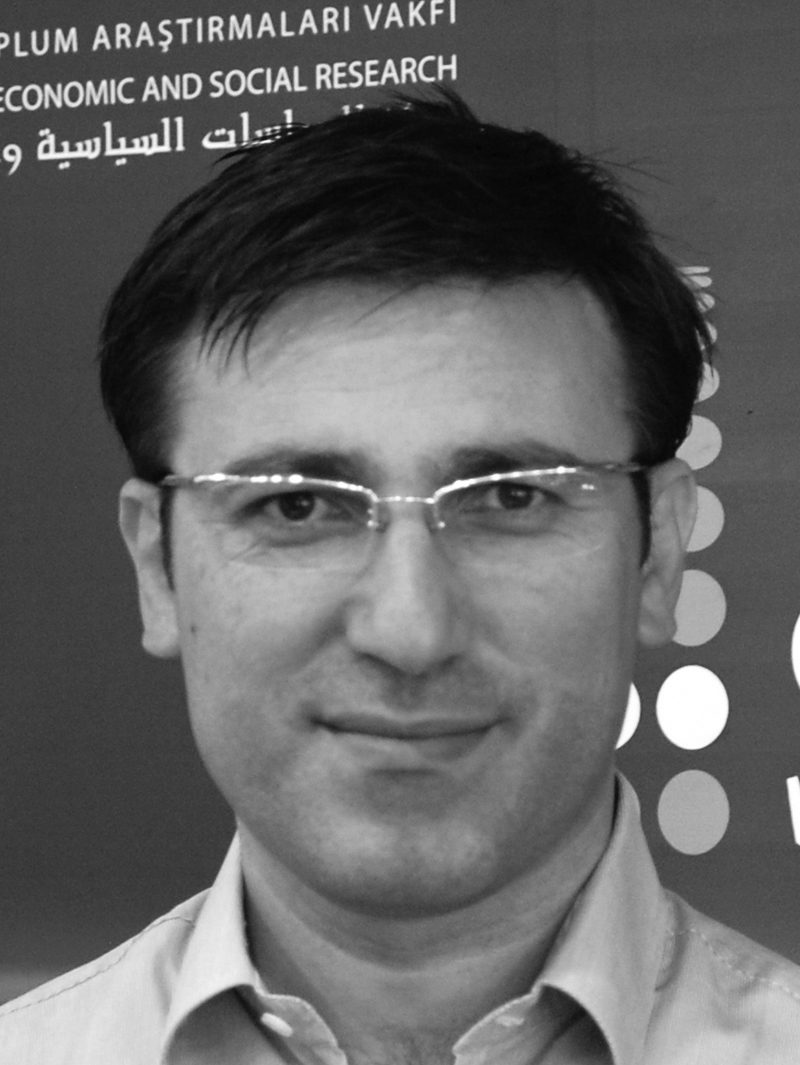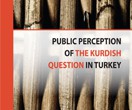The survey “Turkey’s Perception of the Kurdish Issue,” jointly conducted by the Foundation for Political, Economic and Social Research (SETA) and PollMark, has yielded quite important sociological findings on the relations between Turks and Kurds.
The research was undertaken to reveal the content and the grounds of the social relations between the two communities, the current phase of social integration and whether terror and violence have caused lack of trust and confidence between these social groups. The survey shows that the will and desire for coexistence transcends ideological, ethnic and political identities. The research points out that despite the lengthy period of violence and terror, political polemics and crises, there is still no environment of distrust or enmity between Turks and Kurds and that the country is not threatened by the danger of ethnic violence over Turkishness or Kurdishness.
The period of violence, terror and instigation that has lasted for more than 25 years, as well as efforts to create enmity between the two communities, have not caused alienation between Kurds and Turks. To what does Turkey owe this? The answer to this question could be found by the response to the question of what constitutes the most basic denominators between different ethnic groups in this country. The research shows that 86.2 percent of the respondents attribute the greatest importance to citizenship and 84.1 percent to common faith, history, land and brotherhood, as well as common cultural values. These findings imply that the ideal for a common future is shared by all segments in the country.
The SETA-PollMark research shows that despite all the suffering and tension in the past, no perception of enmity has emerged among the people and Turks and Kurds have not developed disruptive sentiments towards each other. Of the Turkish participants surveyed, 57.1 percent have positive sentiments about Kurds, whereas only 24.6 percent think negatively and 18.3 percent refrain from stating any opinion on the matter. These findings point to an optimistic picture considering the trauma which has occurred over the past 25 years and the losses the people have had to deal with. The large number of positive responses by the participants in the survey to the questions on the eagerness to establish bonds of marriage, friendship, community and business partnerships with Kurds should be noted in this respect. This confirms that there are strong bonds and ties between the two communities which will help them deal with problems effectively. The relatively low percentage of positive responses regarding Kurds among Turks should be attributed to the social and psychological impacts of the Kurdistan Workers’ Party (PKK) and terrorist incidents and to the emotional reaction caused by these. Of the Kurds who took part in the survey, 86.4 percent held positive views about Turks. Like Turks, Kurds do not have negative feelings vis-à-vis the people they have been living with despite the tragic incidents in the past.
Turks and Kurds live together: in the same communities, in the same places
It is a widely known fact that there are strong familial and blood ties between Turks and Kurds. The history of marriages between the two communities goes back centuries. Demographic mobility and heterogeneity caused by migration and urbanization contributed to the establishment of marriage and familial ties between Turks and Kurds. The demographic breakdown of Turks and Kurds show that members of these two groups live together in urban cities. Considering that İstanbul hosts 1.5 million Kurdish people and is the Turkish city with the largest Kurdish population, it becomes evident that the social and familial ties between the two communities are fairly comprehensive. The research findings confirm these observations. Of the Turks participating in the survey, 33.8 percent stated that they have at least close relative who is Kurdish. This shows that one third of Turks have at least one Kurdish relative.

